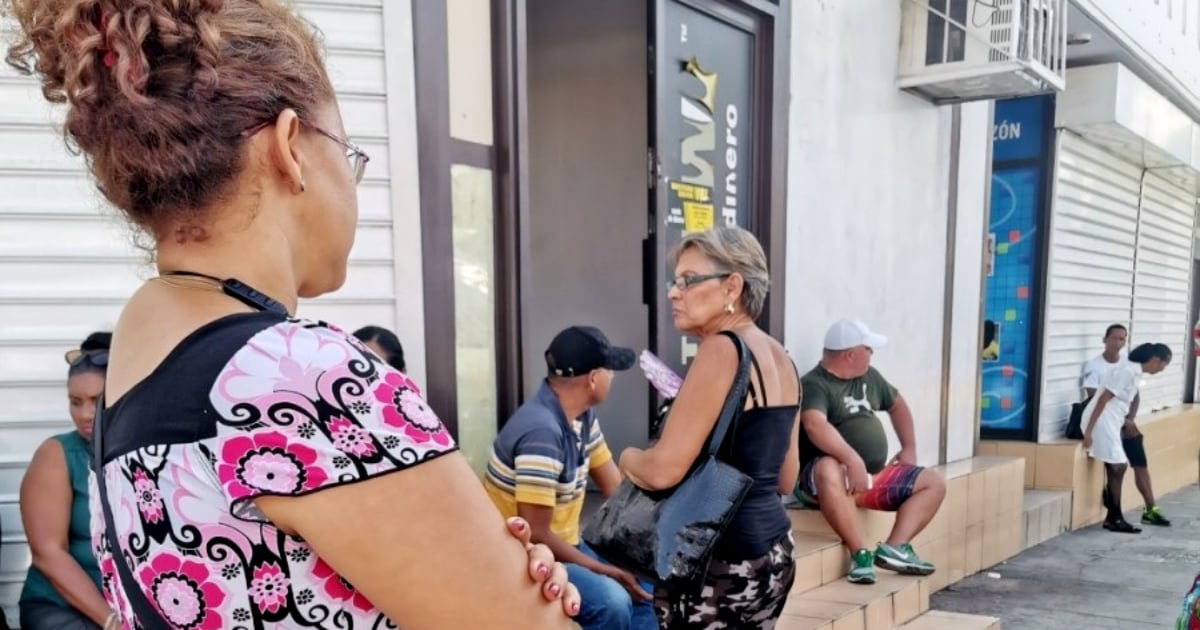
The remittances from the Cuban diaspora play a crucial role in the island's economy in 2024. These money transfers not only support thousands of families, they also constitute a source of foreign currency for the regime.
La Financiera de CIMEX, S.A. (FINCIMEX), which was sanctioned in 2020 by the United States Department of the Treasury due to its links with the military conglomerate GAESA, is activating various avenues for international money top-ups to Cuban bank accounts.
In March it launched one of the most recent, the Classic cards for remittances to Cuba from anywhere in the world.
That same month, he reestablished the service with AIS USD cards, disabled due to an alleged cyber attack that they never detailed what it consisted of.
CIMEX prides itself on having various electronic payment methods for the acquisition of its products and services. Its strategy of expanding and diversifying the forms of receive remittances in Cuba to revive the national economy has caught the attention of some users.
"If there is already a card in which foreign currency, dollars, euros or any other exchangeable currency is deposited... Why reduce its purchasing power by detracting from other products that also have currency deposited in it? It is assumed that this money is already in the Cuban bank accounts," Danny Roque said on Facebook.
In his comment, this user refers to the Freely Convertible Currency (MLC) cards that are being relegated to promote the use of the new ones created by Cimex and its financial institution.
"They also do not allow payment for goods and services in all establishments, there are more and more spaces in which they only accept payments in dollars with foreign cards and I repeat, the MLC cards are not Cuban money, are foreign currencies that were previously deposited or transferred to Cuban banks," said the user.
The Cuban also warns that the regime, while committed to banking, imposes limits on transfer amounts, which he considers a measure that "disincentivizes the use of electronic means of payment."
The Cuban financial company's response was clear: "FINCIMEX does not issue MLC cards, nor does it provide for their scope. We have launched a new financial product with its own characteristics".
The remittance routes to Cuba have experienced a subtle increase, reaching figures that have not been revealed by the State, but which could be exceeding the amounts recorded in previous years.
This monetary flow has allowed many Cuban families to slightly improve their access to basic necessities; and has also revealed significant economic disparities between those who receive remittances and those who do not.
Many Cubans depend on these transfers to survive in a market where local salaries rarely cover living costs, and where one dollar reaches exorbitant prices in the informal market, such as the recent record of 355 CUP.
In other words, those who have relatives abroad who send them money have greater access to essential products and services. The rest of the town lives in the extreme poverty in Cuba.
The impact of remittances goes beyond the family sphere. They not only support household consumption, they also promote the informal economy, promoting small businesses and services that operate outside of state control.
That money is often invested in private home repairs or in boosting small businesses, which help energize the domestic market.
However, it also has its cons. There is a risk that the economy becomes dependent on these inflows of money, which could lead to a lack of investment in key productive sectors, as has been the case for years.
2024 is presented as a decisive moment in which Cuba must carefully handle this double edge. There are thousands of citizens who can no longer survive in the current situation in the country. These people will never receive a remittance. When does the State plan to act?
What do you think?
COMMENTFiled in: